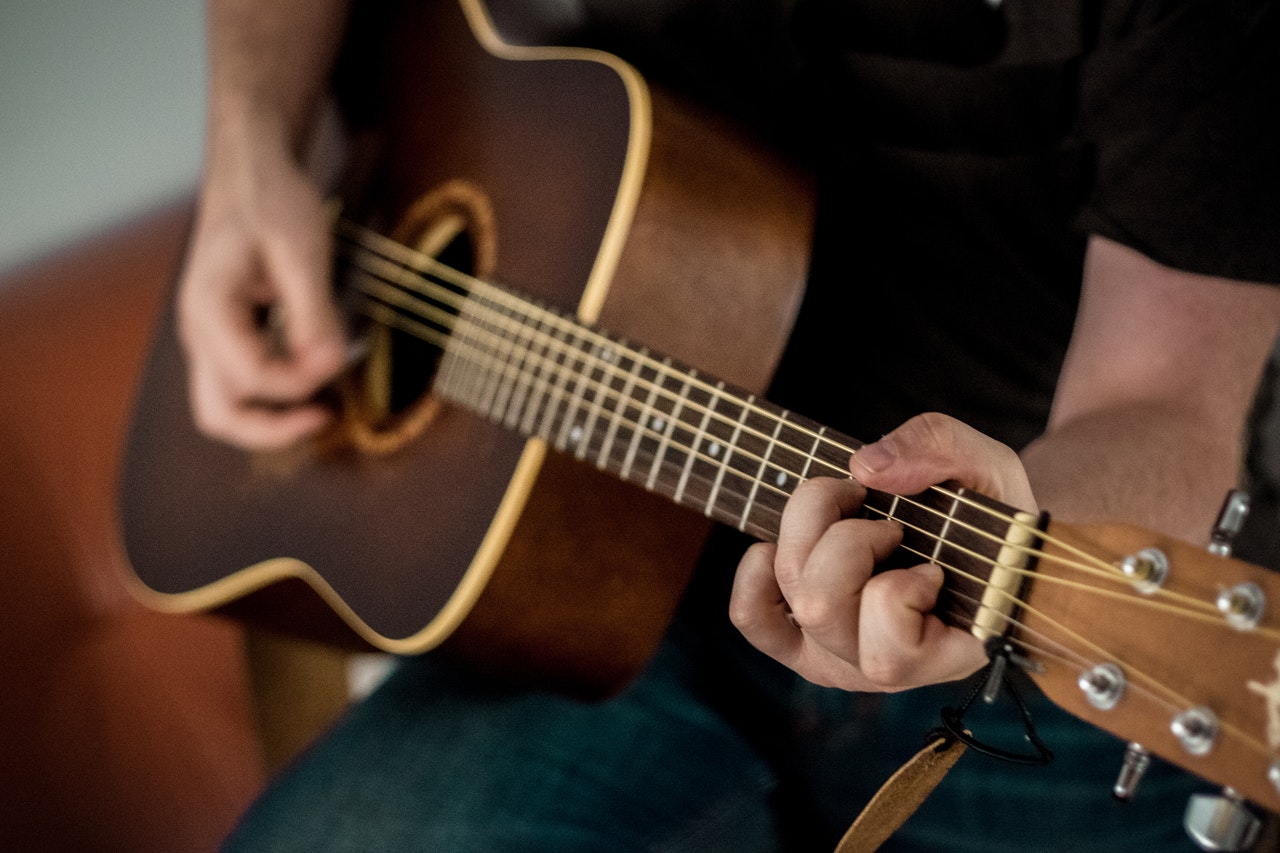Hobbies are crucial for young individuals as they aid in learning, provide entertainment, and can keep them away from negative influences. While some might see video games or TV as hobbies, parents typically prefer more constructive activities.
Musical instruments are an excellent hobby. A child can self-teach guitar with a book, but for other instruments like piano, lessons might be necessary. Regardless of the instrument, practice is key to mastery.
Art or craft activities can also be beneficial hobbies. Kids can learn drawing, painting, scrapbooking, embroidery, sewing, knitting, crocheting, and even carpentry. These skills can become lifelong assets or even career choices. Working with gas engines or electronics is another hobby leading to useful skills.
Collecting items, like stamps, coins, or rocks, can be an educational hobby. These collections can offer geography lessons, historical insights, and motivate kids to read more about different eras. Collecting items related to a specific interest, like dolphins, can also encourage kids to learn more about the subject.
Building sets and model kits, such as cars, boats, and airplanes, can help children develop reasoning and perception skills. Encourage beginners in these hobbies, and help them when needed, to foster their interest.
Sports are another hobby option, offering both physical exercise and entertainment. Activities like soccer, basketball, little league baseball, track and field events, distance running, or gymnastics can all make for engaging hobbies. Remember, the most important thing about a kid’s hobby is that it should be something they enjoy and can learn from.

